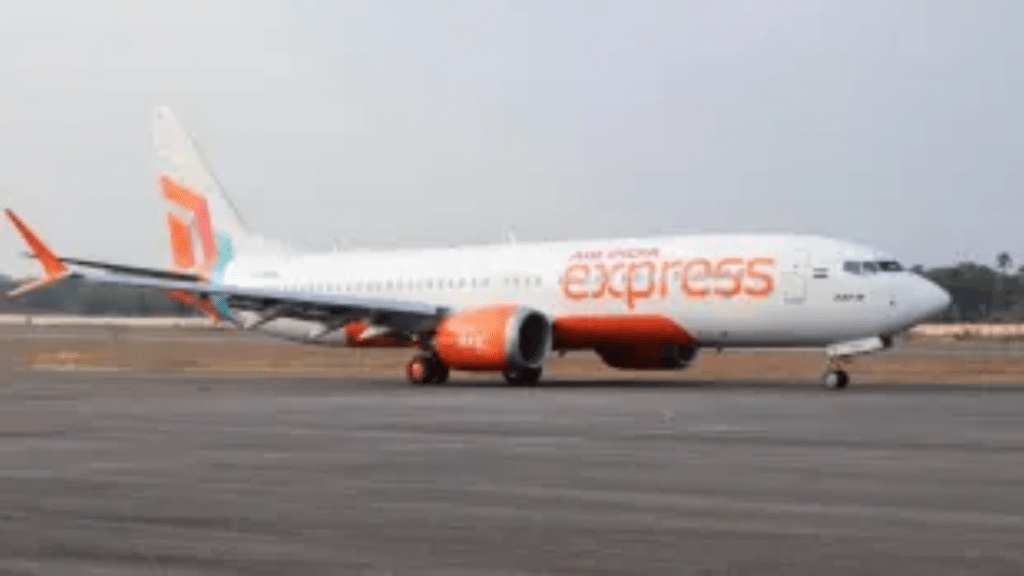Amid growing concerns about flight safety following the tragic Air India crash that claimed at least 270 lives in June, India’s aviation regulator has assured the public that the country’s skies remain safe.
In an interview with the BBC, Vikram Dev Dutt Kidwai, Director General of the Directorate General of Civil Aviation (DGCA), addressed the rising anxiety surrounding aviation safety. “India’s skies are safe,” he said, while acknowledging a marginal and temporary dip in passenger traffic in the aftermath of the tragedy.
The fatal crash occurred on 12 June, when a London-bound Boeing 787-8 Dreamliner (flight AI 171) went down less than a minute after taking off from Ahmedabad airport. The incident killed all 241 passengers and crew on board, along with 19 people on the ground, triggering serious questions about aircraft maintenance and pilot procedures.
In response, the DGCA has revised its safety protocols. Mr. Kidwai stated that the regulator had “refined” guidelines for pilots flying in turbulent conditions. For example, if significant cloud cover or a hazardous weather pattern is detected, pilots are now required to take specific actions several nautical miles in advance—such as diverting, going around, or taking other appropriate steps. “We’ve clearly defined what constitutes such a risk,” he added.
According to civil aviation ministry data, Indian domestic carriers have reported 2,461 technical faults since 2020. IndiGo alone accounted for 1,288 cases, followed by SpiceJet with 633, and Air India and its subsidiary Air India Express with 389, as of January 2025.
“We analysed the data to understand whether these faults had any lasting impact on traffic. There was no significant drop in operations—only a marginal, short-lived dip,” Mr. Kidwai said.
Acknowledging public nervousness post-crash, Kidwai noted, “It’s natural for people to feel anxious after such incidents. But as more clarity emerges and the facts are understood, that anxiety tends to subside. Time is a great healer.”
The DGCA is continuing to monitor airline safety procedures closely, as Parliament prepares to review broader aviation safety policies in the coming days.

